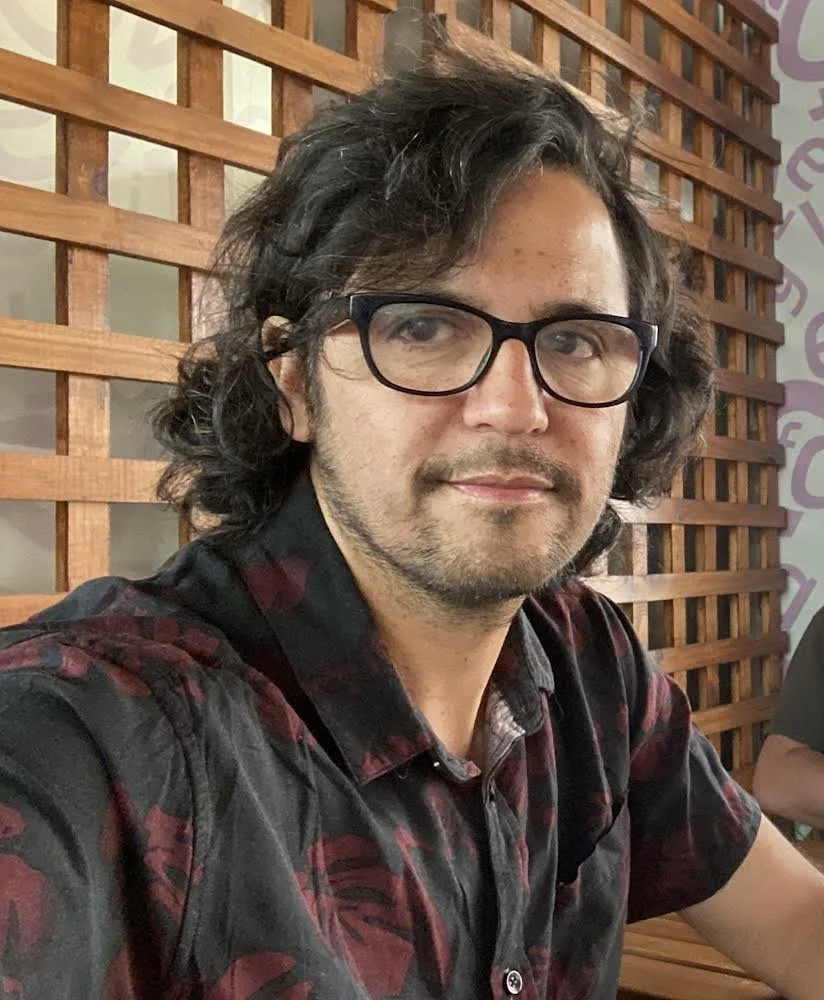Territories and Commons in the Global North and South: An Intersectional Look at Forests, Land, Water and Bodies
Research Theme Summary
The main purpose of this Research Theme was to contribute to debates regarding the complex relationships between territories and commons in current extractivism frontiers in Chile, Sweden, and beyond. From a critical environmental approach that includes decolonial and feminist standpoints, we are interested on the impacts of extractivism on forests, land, water and bodies as well as the contestations, resistances, and alternatives against it.
PIs
Maria Andrea Nardi, Lund University
Sandra Fernández, Universidad de Concepción
Participants
Felipe Maurelia Burgos, Universidad de La Frontera
Hanna Ekström, Lund University
Jacquline Boldt Corvalán, Universdad de Concepción
Noelia Carrasco Henríquez, Universdad de Concepción
Marien González-Hidalgo, Swedish University of Agricultural Sciences
Marcelo José Becerra Parra, Universdad de Concepción
Pamela Andrea González Fuentes, Universdad de Concepción
Pamela Bachman-Vargas, Umeå University
Paulina J. Pavez, Universidad de Chile
Stefanie Pacheco-Pailahual, Universidad de La Frontera
Yahia Mahmoud, Lund University
Katia Valenzuela-Fuentes, Universdad de Concepción
Results
Our discussions were facilitated by a variety of alternative methods (such as, ‘town hall’ analysis and discussion, cuerpo-territorio method using collages, or haiku) that allowed us to share our embodied experience of studying extractivism and consolidate our team.
Extractives economies in Chile and Sweden in territories of Sami or Mapuche peoples, in urban residential areas, in forests and waterscapes and beyond threatens the destruction of common goods and spaces.
These spaces play a central role in the wellbeing of humans and more- than-humans, but peoples are resisting, organising alternatives to development, mobilising more pluricentric economies of production and reproduction.
Sometimes even in the name of ‘sustainable development’, dominant scientific knowledge systems are legitimising extractivism. This is why we call for an embodied and situated knowledge production that challenges the ‘scientific method’.
We advocate for a process of decolonization of our epistemological and methodological ways of doing science. We need a more ethical, dialogical, horizontal, and participatory system of knowledge production.














